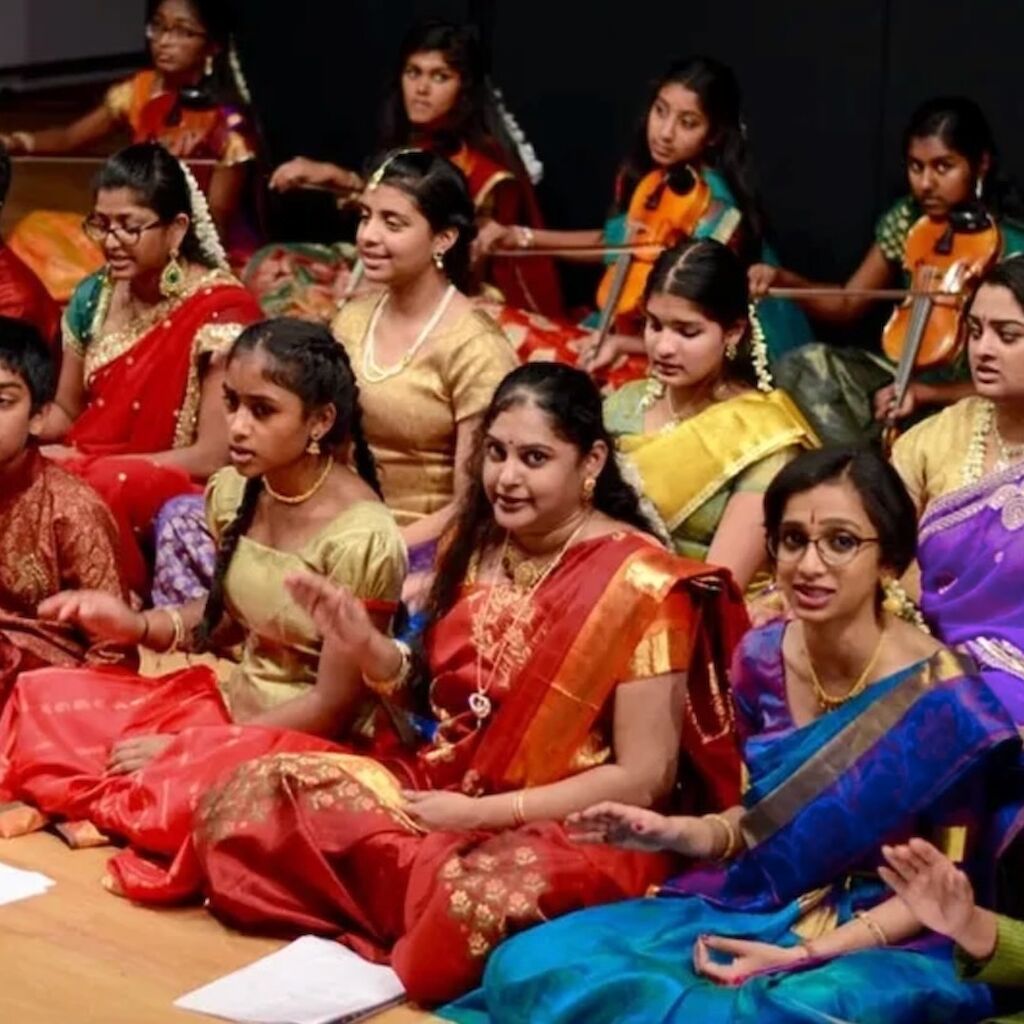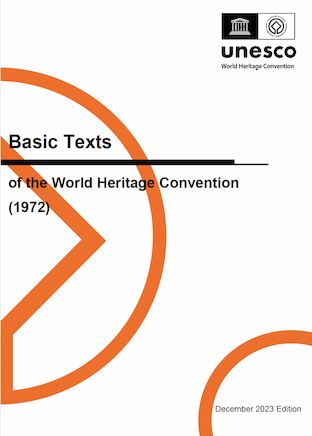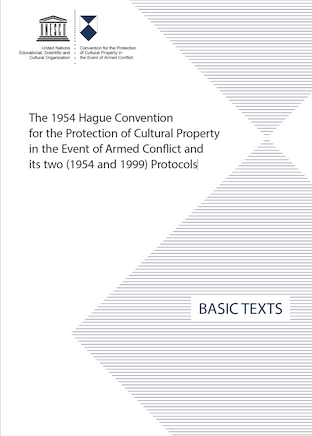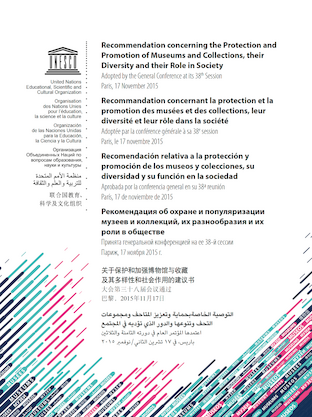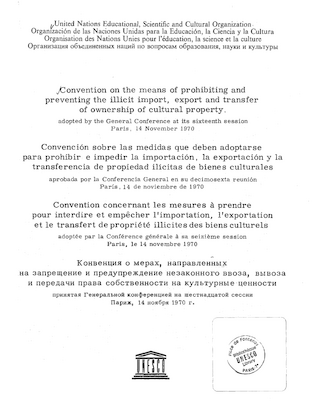While no global definition of 'cultural heritage' exists, UNESCO’s Conventions protect the values that people and communities place on cultural heritage including cultural property, cultural heritage sites, underwater cultural heritage, documentary and digital heritage, oral traditions, rites and beliefs, music, traditional medicine, historic cities, and traditional sports and games.
Our work, and that of the UNESCO in the UK network, has a significant positive impact on the government(s) commitment to fulfilling UNESCO’s action on culture globally. The UK is home to many culture-related UNESCO initiatives, and our world-leading experts continue to shape, and have impact through, UNESCO’s global programmes.



